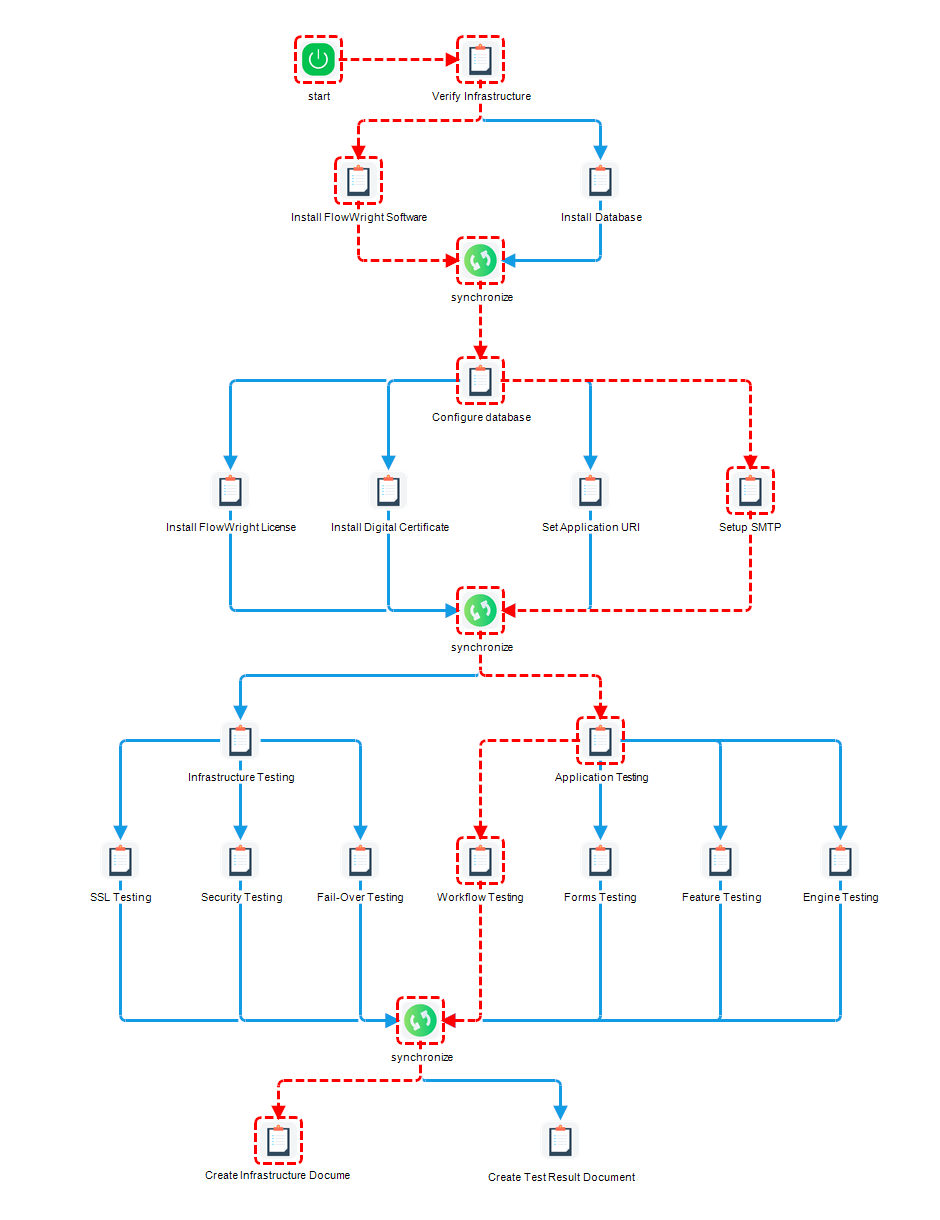In today's technology-driven world, automation is revolutionizing the way we work and live. It's not just about machines building cars or robots assembling products in factories anymore. Now, 76% of businesses invest in automation to help with their workflow in some capacity.
Consequently, automation has found its way into various aspects of our daily lives and business operations, streamlining tasks and improving efficiency. So, let’s delve into the fascinating realm of automation and explore some compelling examples of processes that your organization can automate.
1. Data Entry and Management
Data is the lifeblood of many businesses, but manual data entry comes at the expense of a lot of time, resources, and errors. Automation tools can extract, process, and store data from various sources, including forms, emails, and documents. This saves time and ensures accuracy, reducing the risk of costly mistakes.
2. Customer Relationship Management (CRM)
Managing customer relationships is essential for any business, but it can be complex and time-consuming. Automation can handle tasks like sending personalized emails, tracking interactions, and scheduling follow-up appointments. CRM automation helps businesses stay organized and responsive to customer needs.
3. Inventory Management
Inventory control is critical for businesses with physical products. Automated systems can track inventory levels in real time, generate purchase orders when stock is low, and even predict future inventory needs based on historical data. This prevents overstocking or running out of essential items.
4. Email
Did you know that the average worker spends up to two full workdays a week on emails and meetings? Responding to the same types of emails daily is one of the greatest time sinks in nearly every enterprise.
Not only that, email marketing campaigns are also highly effective but require careful planning and execution. Automation platforms enable businesses to segment their email lists, schedule campaigns, and send personalized messages based on customer behavior and preferences. This results in higher open and click-through rates.
5. Social Media Posting
Optimizing your timing isn’t just for email. Maintaining an active presence on social media is crucial for brand visibility and engagement.
Moreover, automation tools can schedule and publish posts across multiple social platforms, saving time and ensuring a consistent online presence. They can also analyze performance metrics to help improve and refine future content strategies.
6. Invoice Processing
For organizations dealing with a high volume of invoices, automation can streamline the entire process. It can capture invoice data, validate it against purchase orders and receipts, and then route it for approval and payment. This reduces the risk of errors and speeds up payment cycles.
7. Employee Onboarding
Onboarding new employees involves a series of repetitive tasks, such as filling out paperwork, setting up accounts, and providing training materials. Automation can create a structured onboarding process that guides new hires through each step, ensuring a smooth and consistent experience.
8. Financial Reporting
Generating financial reports can be a time-consuming endeavor, especially for large organizations. Automated financial reporting systems and business analytics can pull data from various sources, compile it into customizable reports, and distribute them to relevant stakeholders on a regular schedule.
9. Appointment Scheduling
Booking appointments, whether for healthcare services, consultations, or spa treatments, can be simplified through automation. Customers can access an online calendar, select a suitable time slot, and receive automated reminders, reducing no-shows and improving overall efficiency.
10. Supply Chain Management
Supply chain processes involve multiple stages, from sourcing raw materials to delivering finished products. Automation can optimize supply chain operations by monitoring inventory levels, forecasting demand, and optimizing routes for transportation.
11. Content Curation and Publishing
For content-heavy businesses, such as news outlets and blogs, automation can help curate relevant content from various sources and schedule its publication. This ensures a steady flow of fresh content to engage audiences without manual intervention.
12. Expense Reporting
Managing expense reports can be a headache for both employees and finance teams. Automation simplifies this process by allowing employees to scan receipts, categorize expenses, and submit reports through user-friendly interfaces.
13. Cybersecurity
Security threats are constantly evolving, and automation can help organizations stay vigilant while reducing costs. Automated security systems can detect and respond to suspicious activities in real time, minimizing the risk of data breaches.
14. E-commerce Order Processing
E-commerce businesses can streamline order processing by automating tasks like order confirmation emails, inventory updates, and shipping notifications. This enhances the customer experience by providing timely updates.
15. Data Backup and Recovery
Protecting valuable data is paramount. Automation can ensure regular backups of critical data and facilitate swift data recovery in case of emergencies like hardware failures or cyberattacks.
In conclusion, the possibilities for automation are vast and ever-expanding. These examples represent just a glimpse into the potential of automation to transform how we work and live. Businesses that embrace automation wisely can increase efficiency, reduce errors, enhance customer experiences, and stay competitive in today's fast-paced world.
Choosing the Right Process Automation Tools
With the right process automation tools, you can automate a significant portion of your enterprise’s workflow. However, it’s crucial that you have the right tools so you can integrate your systems, platforms, and other essential processes together for maximal efficiency.
For this, you’ll need a customizable workflow with a graphical designer to fit your needs. Check out
FlowWright’s features to learn more!







